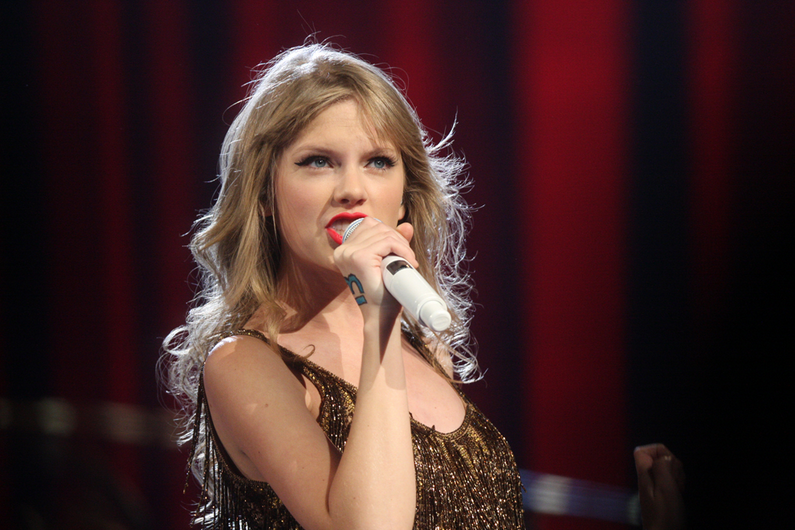In case you’ve been under a rock recently and didn’t hear, Taylor Swift is set to release a new album.
According to social media and other venues, the song she released as a sneak preview for the album entitled “Reputation” was met with mixed reviews. Fortunately for Swift, these mixed reviews don’t appear to have hurt her revenues; in only one day, the song was streamed almost eight million times.
Not being a “Swiftie,” I had to look up some of her songs to figure out what type of music she produces. Rest assured. After hearing the first few bars of several selections, I realized I wasn’t as clueless as I’d originally thought. The voice, the style, the beat… yup, I’ve heard them countless times in malls or other places without realizing to whom I was listening.
This fact makes me realize just how much the general public digests not only the music of Swift, but also that of other artists like her. The lyrics and the rhythms are ingrained in the very fabric of our society.
Such a state is not unique to modern culture, however. Plato recognized this fact nearly 2,500 years ago when he penned The Republic. In a discourse on music, Socrates notes:
[M]usical training is a more potent instrument than any other, because rhythm and harmony find their way into the inward places of the soul, on which they mightily fasten, imparting grace, and making the soul of him who is rightly educated graceful, or of him who is ill-educated ungraceful….
Plato goes on to make a lengthy exposition of the influence music has on the person, one which is neatly summarized by the late University of Chicago professor Allan Bloom:
“Plato’s teaching about music is, put simply, that rhythm and melody, accompanied by dance, are the barbarous expression of the soul. Barbarous, not animal. Music is the medium of the human soul in its most ecstatic condition of wonder and terror. … Music is the soul’s primitive and primary speech and it is algon, without articulate speech or reason. It is not only not reasonable, it is hostile to reason. Even when articulate speech is added, it is utterly subordinate to and determined by the music and the passions it expresses.”
Bloom seems to believe that this is particularly the case with the popular modern forms of music, which quench thought processes and rational thinking, emphasizing emotionalism and feeling instead, a fact evident in the lyrics of Swift’s latest song.
This argument is interesting, particularly since it doesn’t stem from the moral grounds that most music-oriented debates erupt from:
My concern here is not with the moral effects of this music—whether it leads to sex, violence or drugs. The issue here is its effect on education, and I believe it ruins the imagination of young people and makes it very difficult for them to have a passionate relationship to the art and thought that are the substance of liberal education.
Given the very prominent position of popular music in our society – demonstrated alone by the eight million hits which Taylor Swift’s latest song received in a day – it seems not unreasonable to ask if this could be one culprit in the decline of rational discourse. Has the infatuation over popular music’s emotional ecstasies gradually dulled the rational sensibilities of the last several generations? And if so, are the discord and irrationality we see in today’s society the unfortunate result?
[Image Credit: Flickr-Eva Rinaldi (CC BY-SA 2.0)]
















Leave a Comment
Your email address will not be published. Required fields are marked with *